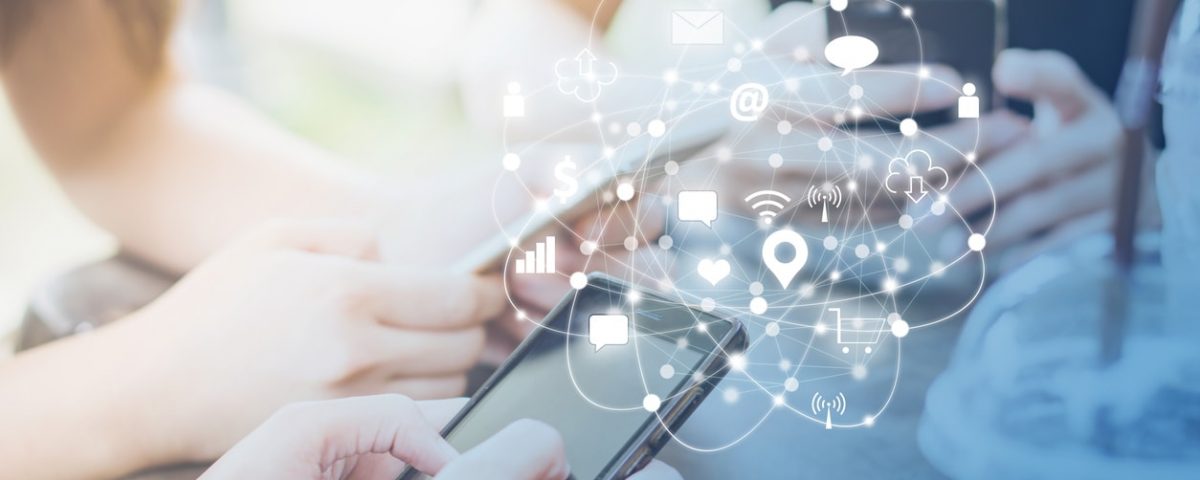Social Media Monitoring: A Measure for School Safety or an Invasion of Privacy?

Beazley Deadly Weapons Protection: Common Misconceptions
September 16, 2019
Therapy Dogs at Schools: The Benefits, and Possible Risks?
September 23, 2019Social Media Monitoring: A Measure for School Safety or an Invasion of Privacy?
Social media found its way into the mainstream of young Americans in the previous decade with sites like Facebook, Twitter, MySpace, and Friendster offering Millennials the opportunity to connect with each other virtually. Now, there’s a whole new generation of young Americans who practically grew up with the tech innovation, not knowing what life is without it arguably.
But social media, while posing many benefits, has been called out as a major influence in things like school bullying, which is why school districts in the U.S. are debating whether or not to monitor the use of teens’ social media activity. In fact, schools across the country are starting to make efforts, or ramping up previous efforts, to get a handle on school bullying manifested through social media.
But this has brought up the notion of imposing on the privacy allowed to students. Should schools monitor social media, and if so, should they look at only specific posts? Also, what kind of training should go into this and how will students’ rights be protected?
How Does Social Media Monitoring Work?
Social media monitoring, or listening, works by tracking public mentions of keywords and phrases that are specifically searched for in social media and across the Internet. Media monitoring tools can be set up to look for these specific items, helping those monitoring narrow the results.
According to Pew Research, 95 percent of teens in the United States have access to a smartphone and 85 percent are engaged on YouTube, with nearly three-quarters on sites like Facebook and Instagram. While not all issues are born through social media, they are expressed and extrapolated on those sites, such as school bullying and rumors.
Social Media Monitoring and Privacy
Monitoring isn’t necessarily equivalent to policing social media. Monitoring is based on paying close attention to the public usage of certain keywords, as compared to policing, which involves hacking into email accounts and accessing personal messages on social media sites. For schools monitoring social media accounts, keywords could alert them to possibly harmful instances related to bullying, child predators, self-harm, suicide, or inappropriate relationships with faculty or staff.
Those in favor of monitoring promote that early detection and prevention of potentially dangerous situations can help keep students safe from harm by their own doing or others. In general, schools that monitor social media are focused on the overall safety of their students rather than cracking down on things like personal opinions.
While it’s a sensitive topic, students have been monitored in one way or another for decades. Social media is just a newer vehicle for this kind of protection. The advent of smartphones and tablets have made monitoring more accessible, and, of course, modern, but doesn’t have to cross boundaries of privacy.
About PGUI
Professional Governmental Underwriters, Inc., is a full-service risk management company dedicated to assisting public, educational and non-profit entities in the management of their professional liability exposures including educators liability insurance. We are dedicated to providing state-of-the-art professional underwriting management and loss control advisory services on behalf of our designated carriers. For more information, call us toll-free at (800) 586-6502.


